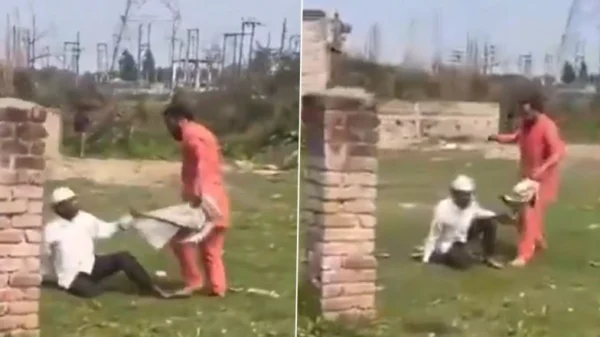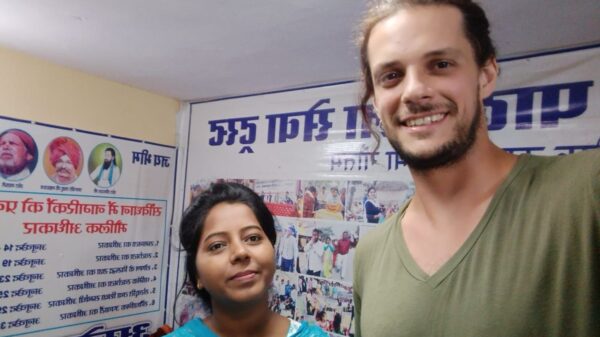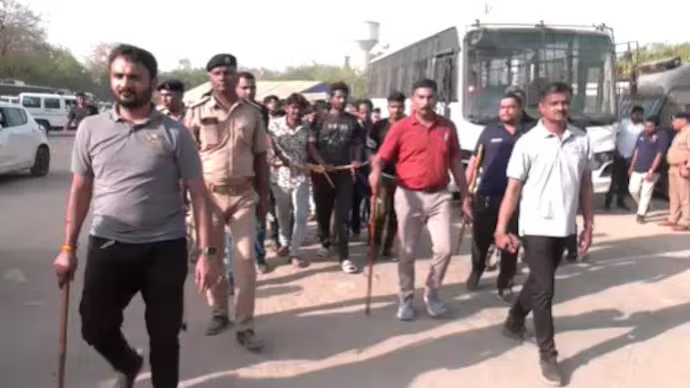In a late-night operation on Saturday, April 26, Gujarat Police detained thousands of migrants across multiple cities including Ahmedabad, Surat, Baroda, and Rajkot. The Association of Protection of Civil Rights (APCR) has strongly condemned these actions, calling them an “abuse of power.”
According to the APCR’s statement, police forces, along with special units including the Special Operations Group and Crime Branch, conducted sweeping raids with the stated goal of identifying and deporting “illegal Bangladeshi and Pakistani nationals.”
“Thousands of families awoke to find their loved ones swept into detention merely on suspicion,” the APCR reported, noting that many detainees were questioned about documentation like ration cards and Aadhaar details as proof of citizenship.
Family members claim that many detainees, including elderly people, children, and pregnant women, have been held without access to lawyers, medical care, or even basic necessities like food and water.
In Ahmedabad alone, more than 1,000 people were initially detained. After screening, this number was reduced to around 100 individuals who couldn’t immediately produce proper documentation. At one police station in Shahibagh, all 80 migrants from Rajasthan, Uttar Pradesh, and Bihar who were initially detained were eventually released after their identities were verified.
The APCR described a concerning incident where detained individuals were assembled at Kankaria Football Ground and forced to walk about 4-5 kilometers through city streets to the Crime Branch headquarters at Gaikwad Haveli.
While government officials have called the operation a “surgical strike” against illegal immigration, the APCR suggests the results don’t match the scale of the operation, calling it “more of a political gimmick rather than any genuine public interest.”
The rights organization warns that these actions may violate constitutional protections, particularly equality before the law (Article 14) and protection against arbitrary arrest (Article 22).
The APCR has called for several immediate actions, including the release of all detainees with valid identity documents, judicial oversight of future operations, transparent reporting on the criteria and outcomes of such actions, and meaningful dialogue with civil society organizations.
“Human dignity and the freedoms guaranteed to every citizen must be protected,” the APCR statement concluded.



























































